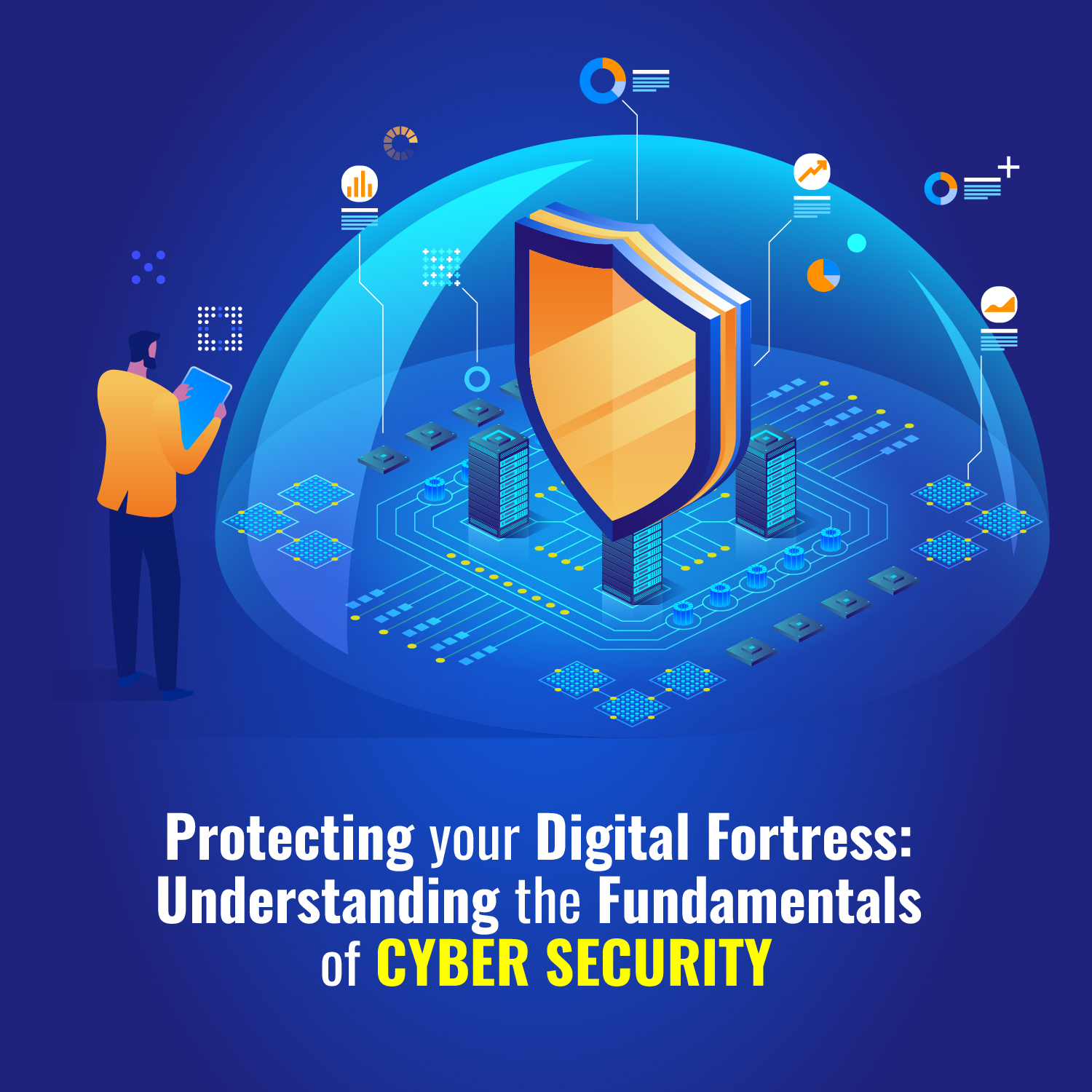Ensuring cyber security and online protection training has become vital for individuals and companies in our digitally pushed society. Knowing the rules of cyber protection is vital to safeguarding touchy records and retaining virtual privacy in light of the upward thrust in cyber threats consisting of malware, phishing scams, and identification theft.
Let’s examine the important strategies and advised guidelines for protecting our online surroundings from cyberattacks, focusing on data safety, statistics safety, and safe online behaviour.
Understanding Cyber Security and Online Safety
An organised method to protect networks, structures, and digital property from net threats is typically known as cybersecurity. It entails setting strong security measures in the vicinity, encryption, multi-issue authentication, and firewall protection to prevent unauthorised entry to and information breaches. On the opposite side, online protection emphasises the usage of steady behaviour and protective virtual privacy to save you from identity theft and cyberattacks.
Essential Strategies for Cyber Security
Phishing Prevention: Inform yourself and your colleagues of the risks associated with phishing scams. These attacks generally take the form of reliable emails or websites to trick victims into divulging private data. When you receive unsolicited emails or requests for private information, be careful and sceptical.
Identity Theft Protection: Enable multi-element authentication and create stable passwords to prevent unauthorised access to online debts. Monitor credit score reviews and financial debts regularly and look for any signs and symptoms of fraud or identity robbery.
Network Security: To shield devices and endpoints in opposition to cyberattacks, put strong endpoint safety features in place. Use intrusion detection structures and firewalls to maintain an eye fixed on community pastimes and forestall unauthorised admission to personal records.
Security Awareness Training: Establishing comprehensive education initiatives can facilitate the cultivation of a safety-aware organisational subculture. Inform the team of workers members on safe password control techniques and cyber hygiene, and record safety troubles as soon as possible.
Best Practices for Online Safety
Secure Passwords: For each online account, develop a robust, one-of-a-kind password; do now not use terms or styles that are simple to decipher. Consider using a sincere password manager to generate and securely store complicated passwords.
Multi-Factor Authentication (MFA): To add an extra degree of security to your online money owed, permit multi-component authentication whenever possible. Even if your password is stolen, MFA prevents the undesired right of entry by requiring a secondary verification mechanism; this code is texted to your cell device.
Vulnerability Management: Keep up with safety improvements and software program vulnerabilities in your apps and gadgets. Install updates and patches regularly to restore acknowledged vulnerabilities and protect against possible hacker attacks.
Incident Response: Formulate and uphold a plan to cope effectively with safety breaches. Describe the steps involved in identifying, containing, and lessening the outcomes of cyberattacks, which allows you to reduce downtime and data loss.
Continuous Improvement: Maintaining cybersecurity requires ongoing tracking and a version in reaction to emerging threats. Stay abreast of today’s advancements in cyber security trends and first-rate practices. Regularly overview and adjust your safety tactics as needed.
Conclusion
People and businesses can effectively mitigate the dangers of cyber threats by safeguarding their virtual assets and privacy by emphasising cyber safety and adopting safe practices online. We can create a robust defence in opposition to cyberattacks and guarantee a safer virtual destiny for every person via imposing robust security features, keeping an eye out for fresh threats, and promoting a security-conscious lifestyle.
Protecting your digital world starts with you—so stay informed, vigilant, and secure.














0 Comments